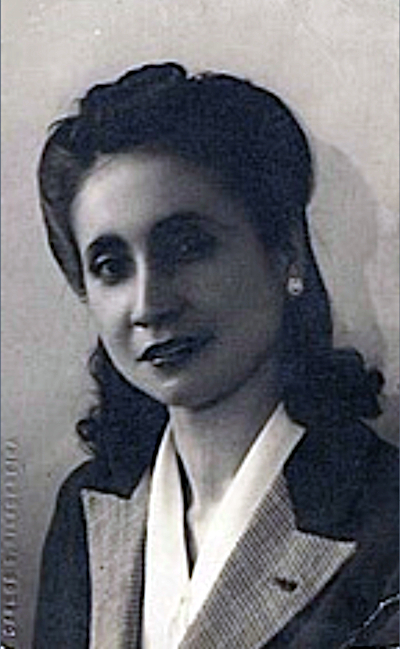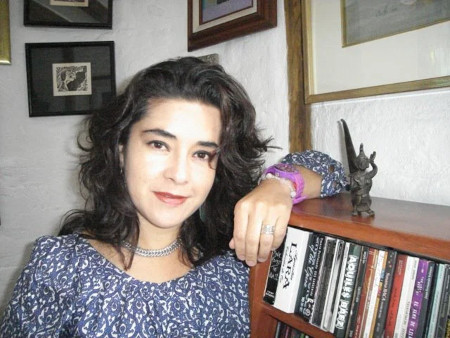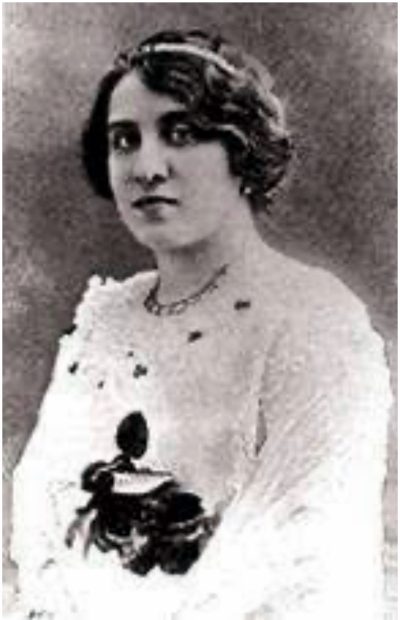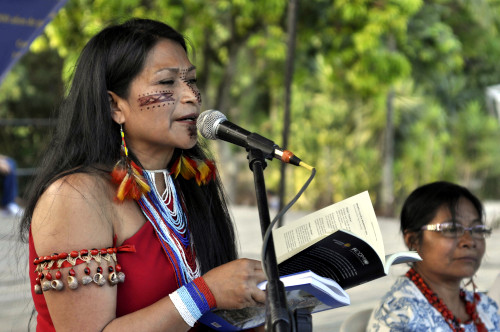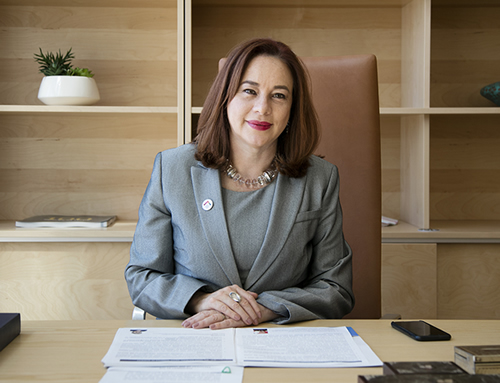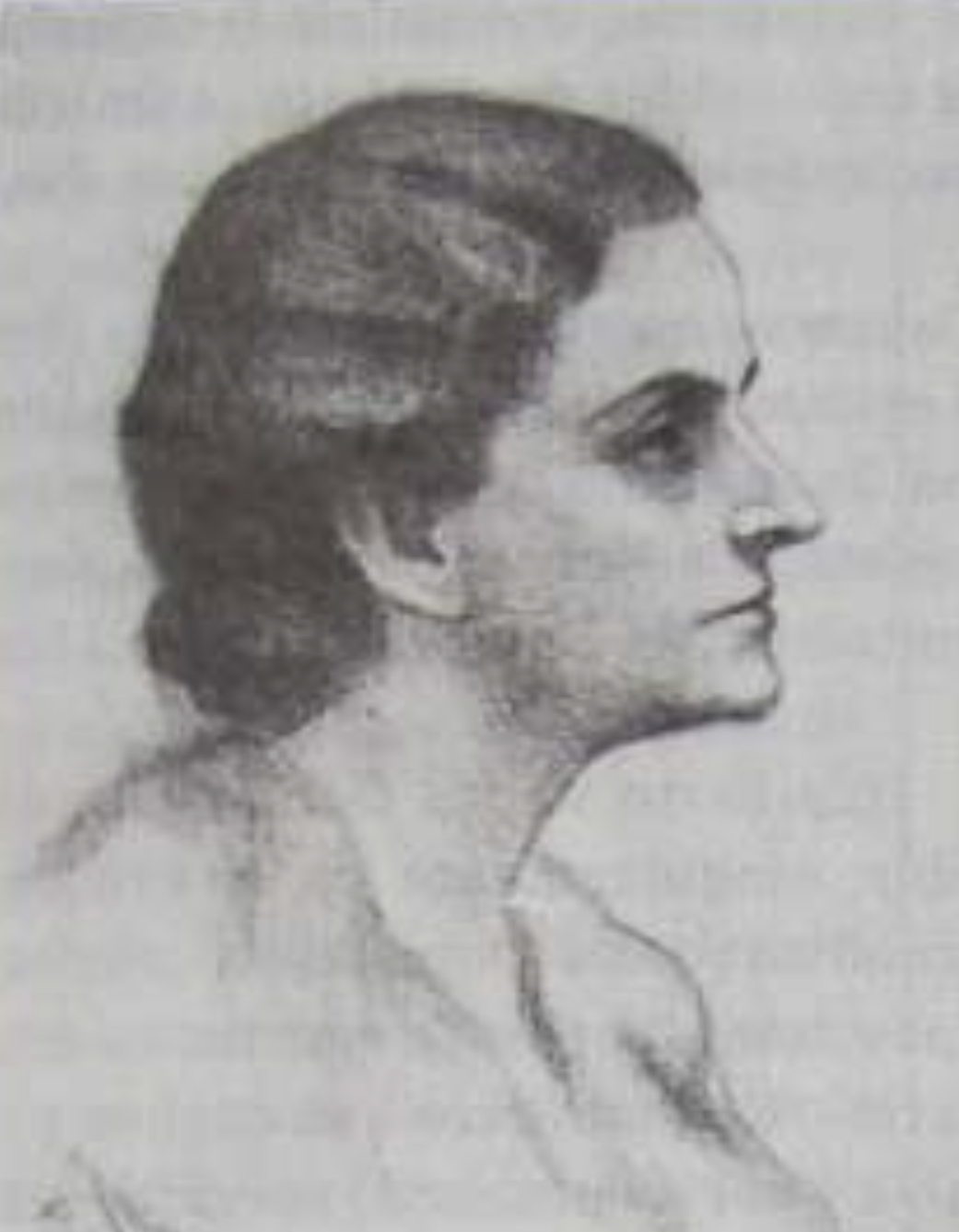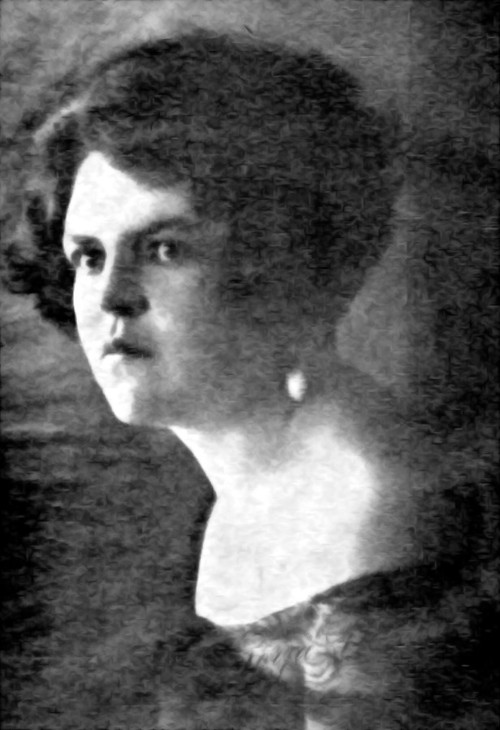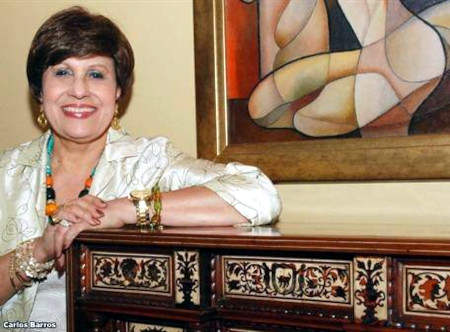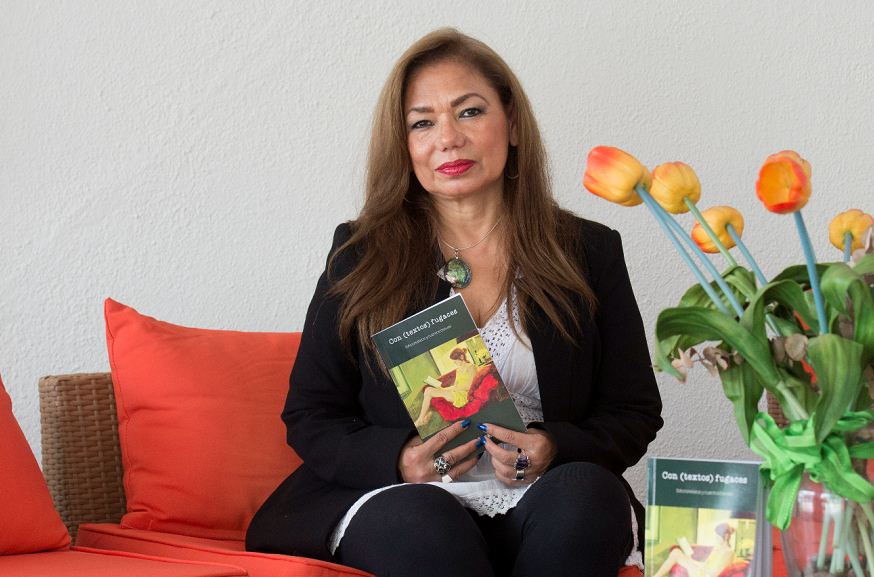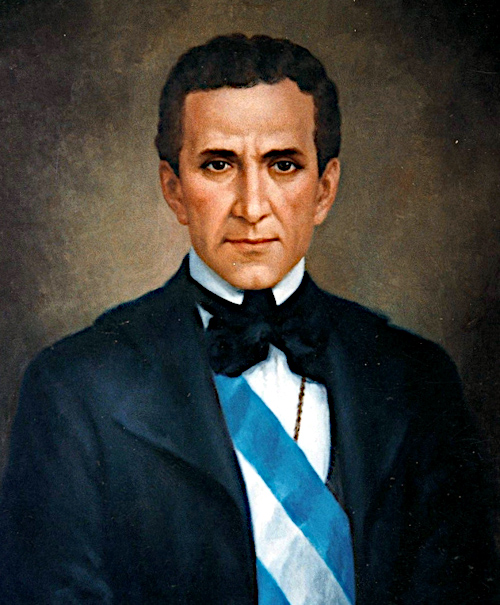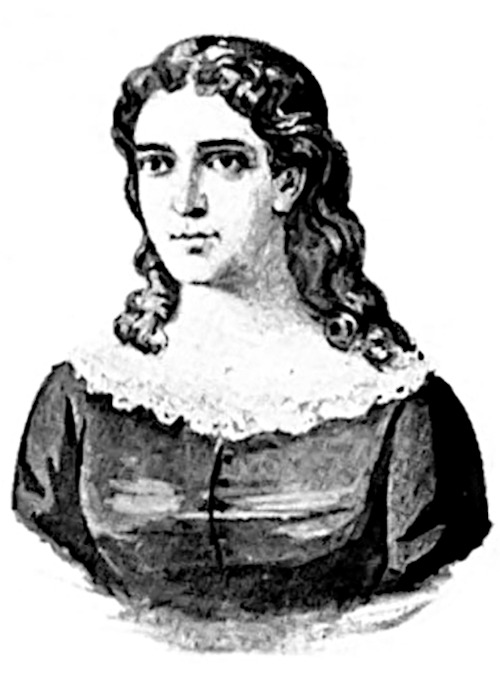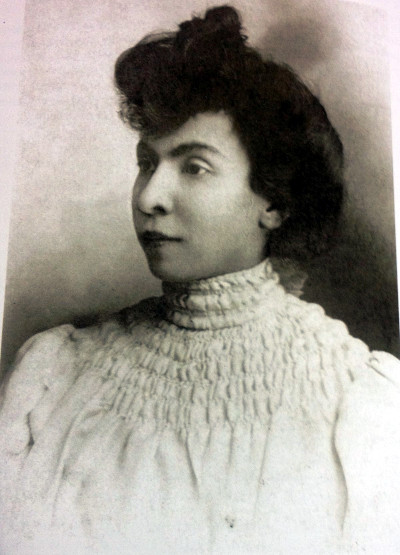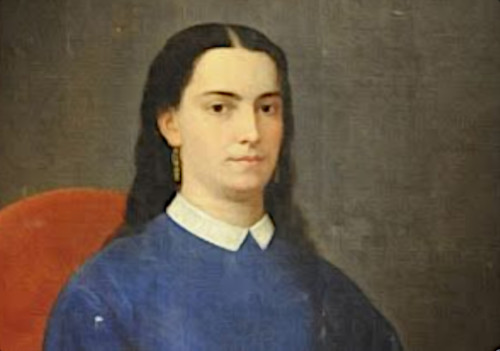Raquel Verdesoto Salgado de Romo Dávila
Continue reading “Raquel Verdesoto”Author: richard
Sonia Romo Verdesoto
Sonia Romo Verdesoto de Augustín is an Ecuadorian poet and diplomat. She was the only female member of the Tzantzismo movement in Ecuador during the 1960s. Verdesoto served as the Ecuadorian consul to Haiti.
Role in Tzantzismo
Sonia Romo Verdesoto was interviewed by Susana Freire García for the book Tzantzismo: tierno e insolente (2008; Tzantzismo: Tender and Insolent), where she discussed her role in the movement and its influence and effects on Ecuadorian culture
Works
Ternura del aire (1963).
Aleyda Quevedo Rojas
Aleyda Quevedo Rojas (Quito, 1972) is an Ecuadorian poet and journalist. She is regarded as an important voice in contemporary Latin American poetry. Among her best-known works are the poems “Algunas rosas verdes” (1996), for which she won that year’s Jorge Carrera Andrade Award, and “Soy mi cuerpo” (2006), in which she uses the human figure as an escape from the fears and anguish provoked by death. The latter book and another one, “Jardín de dagas” (2013), were translated into French. In 2017, the House of Ecuadorian Culture published the book “Cierta manera de la luz sobre el cuerpo,” a compilation of her poems up to that point.
Continue reading “Aleyda Quevedo Rojas“María Piedad Castillo de Levi
María Piedad Castillo de Levi (Guayaquil, July 6, 1888 – Quito, March 4, 1962) she was an Ecuadorian writer, poet, and journalist. She is also regarded as an important feminist who fought for women’s suffrage in Ecuador, for which she was targeted by the authorities. Castillo traveled to Paris to study in the Faculty of Philosophy and Letters at the Sorbonne. On her return to Ecuador, she began working for the publication El Telégrafo Literario. She wrote numerous poems, which appeared both in El Telégrafo and in various magazines. In June 1933, she funded the magazine Nuevos Horizontes with a group of fellow feminists. It served as the media organ of the Women’s Legion of Popular Education, an organization that worked to improve the rights of women workers. They also created a radio program, which the presidential candidate José María Velasco Ibarra appeared on in 1934. In 1935, Castillo was a candidate for minister of education, and El Telégrafo supported her candidacy. But women were still broadly excluded from Ecuadorian politics at the time, so she was denied the position. She served as the Ecuadorian delegate to the Inter-American Commission of Women for many years, beginning in 1940. She also joined the House of Ecuadorian Culture in Guayas and Pichincha beginning in 1946. Castillo traveled widely, spending long periods in the United States and even working as a foreign correspondent in Germany. She was a member of the National Press Club in Washington D.C. In recognition of her poetic work, the House of Ecuadorian Culture published her collection “Poemas de Ayer y de Hoy” in 1962.
Continue reading “María Piedad Castillo de Levi”María Clara Sharupi Jua
María Clara Sharupi Jua (Morona Santiago, 1964) is an Ecuadorian writer, poet, and translator, who writes in Spanish and Shuar, an indigenous language of Ecuador’s Amazon basin. She writes poetry in Shuar, while translating it into Spanish in order to reach a wider audience. She co-wrote the book “Amanece en nuestras vidas” (2011), the first anthology of poetry from Ecuadorian indigeneous women writers, and wrote the short story collection “Tarimiat” (2019), which was written in Shuar, Spanish, and English. Sharupi Jua also works as a translator and radio and television presenter in Shuar and Spanish. She was a member of the translation team that worked on the official Shuar translation of Ecuador’s Constitution. She lives in Quito, where she has also worked for the Ministry of Foreign Affairs and Migration on indigenous issues.
Continue reading “María Clara Sharupi Jua”Karina Galvez
Karina Galvez (Guayaquil, July 7, 1964) is an award-winning poet with Ecuadorian and American citizenship. She has lived in Orange County, California since 1985. In 1995, she published her book “Karina Gálvez – Poesía y Cantares”[Karina Galvez – Poetry and Songs], which includes both English and Spanish versions of her poems with a prologue written by León Roldós Aguilera, Ecuador’s former vice president. She is also a songwriter and author of children’s poems and short stories. Her Spanish poems have been translated into English, French, Italian, Portuguese, Romanian, Bulgarian, Slovene, and Czech.
Continue reading “Karina Galvez”María Fernanda Espinosa
María Fernanda Espinosa Garcés (b. September 7, 1964, Salamanca, Spain) is an Ecuadorian politician, diplomat, writer, and poet affiliated with the political party PAIS Alliance. She holds the distinction of being the first woman to serve as Ecuador’s minister of national defense, the first woman to be appointed as Ecuador’s permanent representative to the United Nations in New York, and the first Latina woman to be elected as president of the UN General Assembly. Prior to her political and diplomatic career, she was an Associate Professor and Researcher at the Latin American Faculty of Social Sciences (FLACSO). Ms. Espinosa Garcés is also a prolific writer and poet, having published over 30 academic articles on various topics such as the Amazon River, culture, heritage, climate change, and foreign policy, among others. She has authored five volumes of poetry and was awarded the Ecuadorian National Poetry Prize in 1990.
Continue reading “María Fernanda Espinosa”Hipatia Cárdenas de Bustamante
Hipatia Cárdenas de Bustamante, also known as Aspacia (Quito, March 23, 1889 – Quito, February 9, 1972) was an Ecuadorian writer, politician, suffragist, and feminist. She was one of the pioneering defenders of women’s suffrage in Ecuador. In 1929, she became the first female Councilor of State, and in 1932, she became the first female candidate for the presidency. She fought for respect in the women’s right to vote in Ecuador after its approval in 1929 and the appearance of groups that were against it. In 1943 she published her book “Oro, rojo y azul,” and wrote for the newspapers El Día, El Comercio, and the magazine América.
Continue reading “Hipatia Cárdenas de Bustamante”Luz Elisa Borja Martínez
Luz Elisa Borja Martínez (Riobamba, May 15, 1903 – Riobamba, July 10, 1927) was an Ecuadorian poet, pianist, painter, and sculptor. In only 24 years of life, she amassed an extensive body of written work, which her brother Luis Alberto published after her death in two books titled “Cofre Romántico” and “La Bella Durmiente.” The second book contains the poem “Quiero Llorar” (I Mourn), which she wrote in 1918, at the age of 15, after the death of the mother superior of the Riobamba Sisters of Charity. It has seven stanzas, two of which became the lyrics for the Ecuadorian pasillo called “Lamparilla.” The music was composed by Miguel Ángel Casares Viteri, who was inspired by Borja’s poem and his dismay over the damage caused by a Chanchán River flood. Some of her original works can be found at the House of Ecuadorian Culture in Chimborazo.
Continue reading “Luz Elisa Borja Martínez”Rosa Amelia Alvarado
Rosa Amelia Alvarado Roca (1944, Guayaquil) is an Ecuadorian writer and poet. In 1964 she founded the Guayaquil-based magazine Hogar, which became the biggest women’s magazine line in Ecuador. From 1967 to 1972, she worked in television as the director of programming at Channel 2 in Guayaquil, specializing in the creation of cultural programs. She is the president of the Guayas branch of the House of Ecuadorian Culture, and is a member of the Ecuadorian Academy of Language. Her most notable poems include: “Añoranza,” “Cosas Absurdas,” “De lo profano (II),” “El sermón de la montaña” and “La vida va y viene.”
Continue reading “Rosa Amelia Alvarado”Aminta Buenaño
Aminta del Rosario Buenaño Rugel (Santa Lucia, September 27, 1958) is an Ecuadorian writer, politician and diplomat. She has served as ambassador to Spain, Nicaragua, and Barbados, as well as vice president of the National Assembly of Ecuador. Her short stories have been published within and outside of Ecuador. Her 2011 novel “Si tú mueres primero” was a finalist of the XIII International Novel Competition of the City of Badajoz (Spain).
Continue reading “Aminta Buenaño”José Joaquín de Olmedo
José Joaquín de Olmedo y Maruri (Guayaquil, March 20, 1780 – Guayaquil, February 19, 1847) was a notable Ecuadorian poet, first mayor of Guayaquil, and former president of Ecuador. In his poetry, Olmedo emphasized patriotic themes. His best-known work is La victoria de Junín: Canto a Bolívar (1825; “The Victory at Junín: Song to Bolívar”), which commemorates the decisive battle won there by the forces of the liberator Simón Bolívar against the Spanish armies. It is considered by many critics the finest example of heroic poetry written in Spanish America.
Continue reading “José Joaquín de Olmedo”Dolores Veintimilla
Dolores Veintimilla de Galindo (Quito, 1829 – Cuenca, May 23, 1857) was an Ecuadorian poet. Veintemilla left few works, which were published posthumously in a collection entitled, “Producciones literarias,” by Celiano Monge in Quito. Her best known poem is “Quejas” (Laments). Her literary style is characterized by rhythmic and musical verse, and she hardly made use of metaphors or imagery in her poetry. She committed suicide on May 23, 1857 in Cuenca.
Continue reading “Dolores Veintimilla”Zoila Ugarte de Landívar
Zoila Ugarte de Landívar, also known by her pseudonym Zarelia (El Guabo, June 27, 1864 – Quito, November 16, 1969) was an Ecuadorian writer, journalist, librarian, sculpturist, educator, suffragist, and feminist. She was the first female journalist in Ecuador. Together with Hipatia Cárdenas de Bustamante, she was a key defender of women’s suffrage in Ecuador. As an early figure in the realm of female Ecuadorian journalists, her career began in the late 1880s. She began to use the journalistic pseudonym Zarelia in the weekly publication Tesoro del Hogar. In 1905 she founded La Mujer, the country’s first women’s magazine. As a teacher, Ugarte taught at various schools in Quito including the Liceo Fernández Madrid girls’ school and the Manuela Cañizares school. She also became the first female editor-in-chief of the political newspaper La Prensa in 1911. She served as president of Quito’s Press Circle.
Continue reading “Zoila Ugarte de Landívar”Manuela de la Santa Cruz y Espejo
Manuela de la Santa Cruz y Espejo, also known by her pseudonym Erophilia in her articles (Quito, December 20, 1753 – Quito, 1829) was an Ecuadorian journalist, nurse, feminist, and revolutionary. She was the sister of Eugenio Espejo, with whom she discussed and shared Enlightenment and revolutionary, pro-revolutionary thought and ideas.

